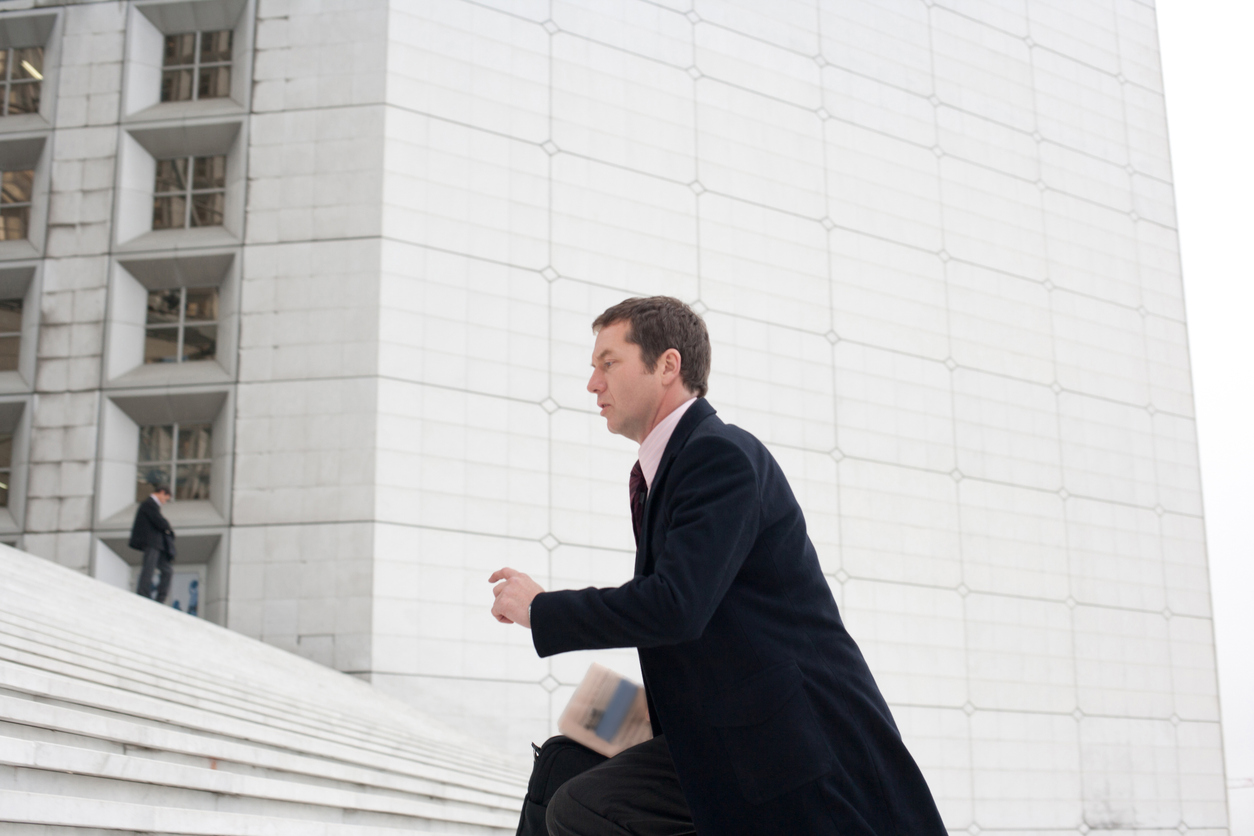Business Income policies have multiple coverages, all of which may be all triggered after a single occurrence or event. In these cases, insurers often argue that the coverages run concurrently. Depending on the language of the provisions at issue, however, a policyholder may be entitled to “stack” coverages and recover the full amount owed under each, capped at the amount of the loss.
In CII Carbon, L.L.C. v. Nat’l Union Fire Ins. Co. of Louisiana, Inc., 918 So. 2d 1060 (La. Ct. App. 2005), a catastrophic explosion caused significant property damage to several chemical manufacturing plants that were interdependent of each other.
The facts of the case were presented as follows:
CII Carbon owned and operated an industrial facility in Gramercy, Louisiana that processed coke by heat-treating petroleum coke in kilns to make it suitable for use in the aluminum smelting industry. The heat-treated coke was sold to CII Carbon’s customers. The heat that escaped from the coke kilns was captured and used to operate a boiler that generated steam. CII Carbon either sold the steam to neighboring plant owners or used the steam to generate electricity that it also sold.
Pursuant to a series of contracts, the steam produced by CII Carbon was sold to Kaiser for use in its operations at the Bayer plant, which processed bauxite ore into alumina, the raw material for manufacturing aluminum. Also pursuant to the contracts, CII Carbon subleased certain equipment located in Kaiser’s powerhouse that was necessary for CII Carbon to operate the boiler that produced the steam that CII Carbon sold. The CII Carbon boiler was located on the grounds of the CII Carbon coke facility, but the boiler could not be operated unless the subleased equipment in the powerhouse supplied water to the boiler and accepted the steam generated by the boiler.
In July 1999, a massive explosion occurred at the Kaiser plant. The Kaiser plant suffered extensive damage, and there was some damage to the powerhouse equipment that was subleased to CII Carbon. The CII Carbon coke facility suffered minimal property damage and was able to resume heat-treating coke shortly after the explosion. CII Carbon did not make a claim under its business interruption losses in connection with its coke production operations. CII Carbon did present a claim for business interruption relating to the loss of steam sales.
The damaged boiler was repaired on November 15, 2009, but the Kaiser plant did not become fully operational to accept the steam from the boiler until the end of December of 2000. The insurer paid for CII Carbon’s lost steam sales from the date of the loss until the date the boiler was repaired under the policy’s business income provision.
CII Carbon alleged that the subleased equipment was not repaired until it was restored to a condition in which it could perform the functions of supplying water to, and receiving steam from, the CII Carbon boiler, so that the steam could be received by the Kaiser plant. In other words, CII Carbon alleged that the period of restoration under its business income provision did not end until December 2000, when the Kaiser plant was fully operational and capable of receiving the steam.
The insurer disagreed and argued the business income provision provided coverage until the damaged subleased equipment was repaired (July 1999) and that the contingent business insurance provision (with a lesser amount of insurance) provided coverage for the loss of steam sales from July 1999 until December 2000, when the receiving facility became fully operational.
The insurer won a bench trial on all its defenses, and CII Carbon appealed. The appellate court found that:
The trial court determined that the Kaiser Bayer plant was a “recipient property” within the meaning of the contingent business interruption endorsement to the National insurance policy. That endorsement provides that there is coverage for the length of time required to rebuild, repair, or replace the recipient property “which is not operated by the Insured.” The loss suffered by CII Carbon after the subleased powerhouse equipment was repaired is exactly the type of loss that contingent business interruption insurance is designed to cover. Damage to the subleased powerhouse equipment was not responsible for CII Carbon’s losses after the equipment was repaired as of November 15, 1999. Instead, the damage to the Kaiser Bayer plant, which was neither owned nor operated by CII Carbon, was responsible for the losses suffered by CII Carbon thereafter.
In light of these legal nuances, it is important to closely look at the relationship between a lessor and the lessee to determine whether the lessor’s failure to restore the premises can be tied to the lessee’s period of restoration.



